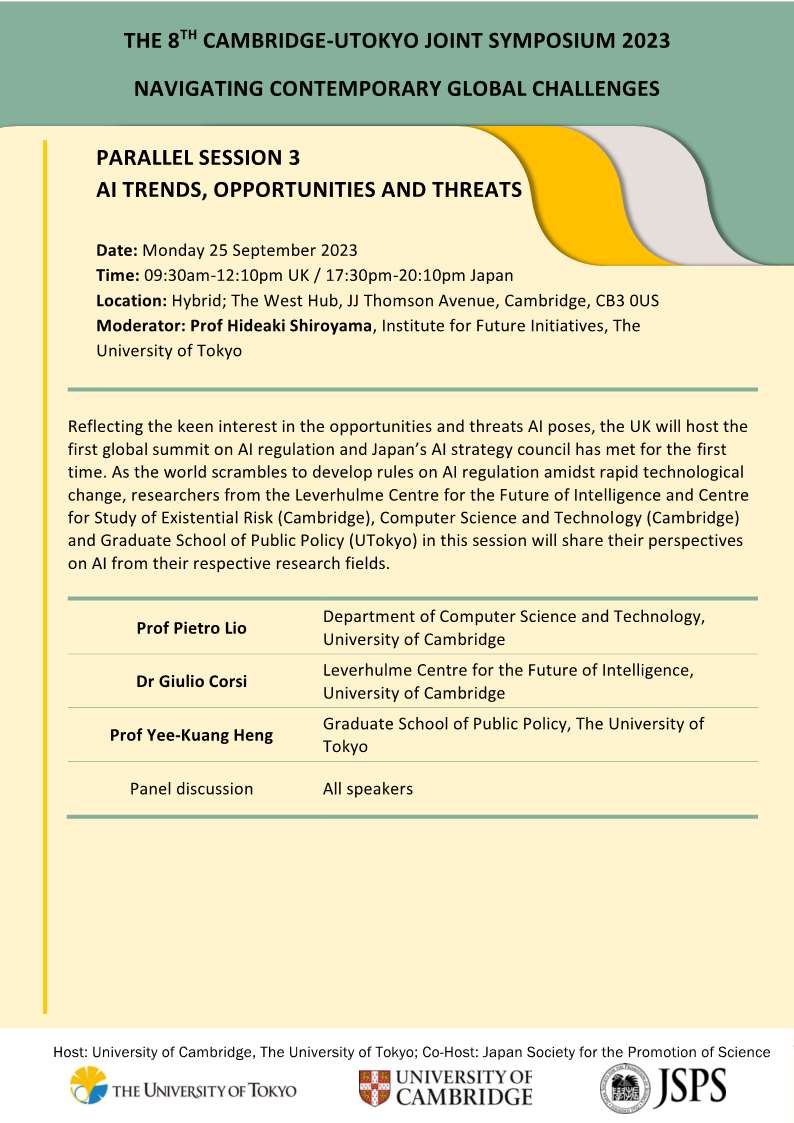Click Here for the Summary of the Event
Moderator
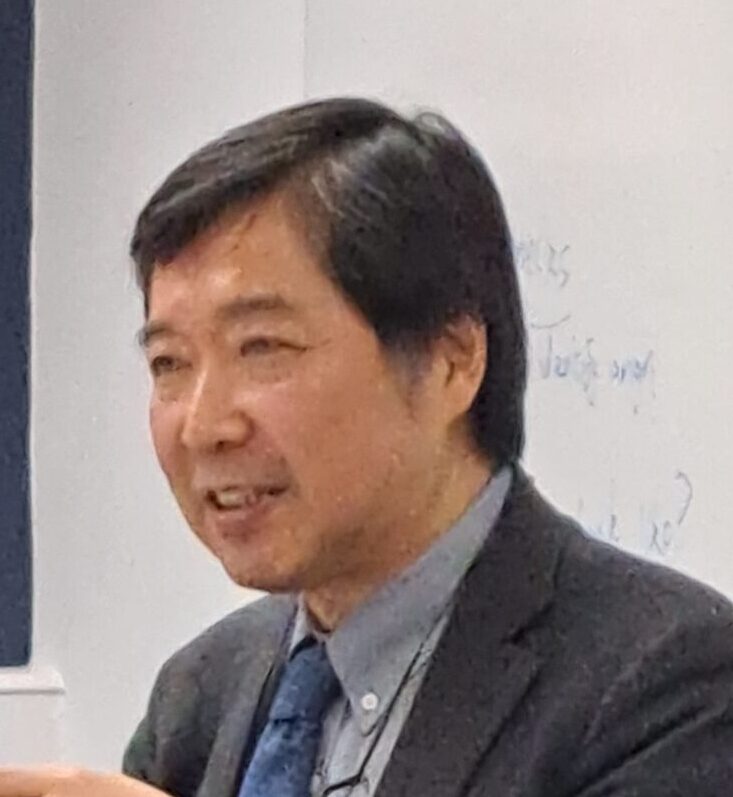
Hideaki Shiroyama
Professor
Graduate School of Public Policy
Graduate Schools for Law and Politics
The University of Tokyo
Public Administration at the Institute for Future Initiatives (Director)
Hideaki SHIROYAMA is a Professor of Public Administration at the Institute for Future Initiatives (Director), the Policy Alternatives Research Institute (Ex-Director), the Graduate School of Public Policy (the former Dean), and the Graduate Schools for Law and Politics, The University of Tokyo. His research focuses on international administration, science, technology and public policy, and public policy process. His publications include Transformation of Political Space and Policy Innovation 1 Political Theory of Policy Innovation (University of Tokyo Press, 2008), The Structure of International Aid Administration (University of Tokyo Press, 2007), Governance of Science and Technology (Toshindo, 2007),“The Harmonization of Automobile Environmental Standards between Japan, the United States and Europe” in Pacific Review vol. 20-3, “Administrative Reorganization and Public Sector Reform in Japan” in The Public Sector in Transition: East Asia and the European Union Compared (Nomos, 2007), “Technology Innovation and Diffusion for Environmental Protection,” in Energy Market Restructuring and the Environment (The University Press of America, 2002).
Speakers
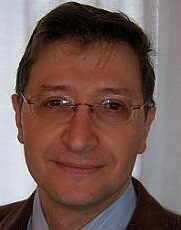
Pietro Lio
Professor
Department of Computer Science and Technology
University of Cambridge
Pietro Lio Is Professor in Computational Biology in the AI division and internationally leading researcher in Machine Learning and Computational Biology, member of the Cambridge centre of AI and Medicine and The European Laboratory for Machine Learning (Ellis). He holds two PhDs: one in nonlinear dynamics and complex systems and the second in genomic sciences, therefore interfacing computer science, machine learning and biomedicine. He is currently contributing the scientific community in developing deep learning methods and enhancing their interpretability, particularly in the biomedical fields.
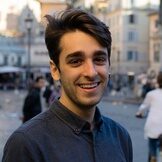
Giulio Corsi
Research Associate
Leverhulme Centre for the Future of Intelligence
University of Cambridge
Giulio is a Research Associate at the Leverhulme Centre for the Future of Intelligence, working on the AI: Futures and Responsibility (AI:FAR) Project. His research investigates epistemic security, with a focus on how epistemic threats can be countered through peer-produced approaches that allow online communities to participate in the scrutiny and moderation of information flows. His research uses various computational and machine-learning-based methods to analyse large volumes of social media data.
Giulio holds an MPhil from the University of Cambridge, and has recently submitted his PhD thesis. His PhD, jointly funded by the ESRC and the Cambridge Trust, examines how online activism can be leveraged to counteract the circulation of disinformation and misinformation on climate change.
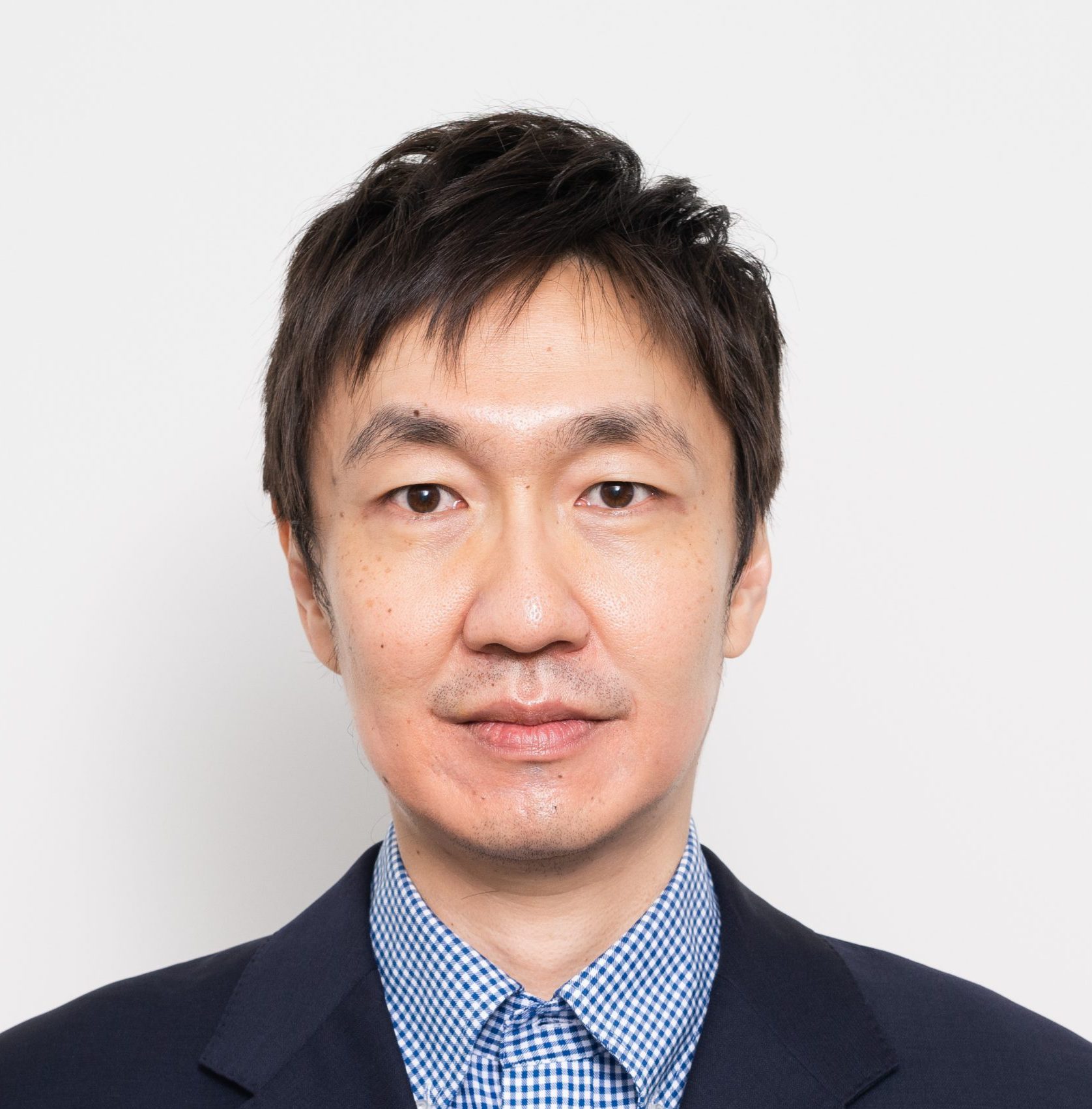
Yee-Kuang Heng
Professor
Graduate School of Public Policy
The University of Tokyo
Yee-Kuang HENG is Professor at the Graduate School of Public Policy, University of Tokyo. After graduating from the London School of Economics and Political Science (LSE) with a B.Sc. (First Class Honours) and PhD in International Relations, he taught at Trinity College Dublin in Ireland, the University of St Andrews in Scotland, and the National University of Singapore. He works at the intersection between risk, Security Studies and International Relations. As Visiting Researcher at Cambridge University’s Centre for the Study of Existential Risks (CSER), he studies capacity-building and how the “futures ecosystem” in the British government interacts with academic and non-profit organisations.

